For interaction analysis and stability
Microcalorimeters are ultrasensitive calorimetry instruments that measure very small heat changes from chemical reactions.
Microcalorimeters use small sample volumes, making them suitable for biomaterials such as proteins, nucleic acids and lipids.
Microcalorimeters are used to study binding interactions between molecules, and conformational changes such as protein unfolding. Since microcalorimeters measure heat, microcalorimetry is considered a label-free quantification technique. Also, microcalorimeters do not require proteins and other biomaterials to be captured or immobilized.
Detection of heat change by microcalorimeters is non-optical and does not rely on measurements of fluorescence, so microcalorimeters can be used with essentially any naturally occurring protein or biopolymer materials. Applications range from confirming intended binding targets in small molecule drug discovery to the development of stable biologic drugs.
Microcalorimeters include two types of instruments: Isothermal Titration Calorimetry (ITC) and Differential Scanning Calorimetry (DSC).


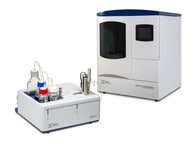
Microcalorimeters for characterization of biomolecular stability and intera...
We offer the MicroCal PEAQ-ITC and MicroCal PEAQ-DSC microcalorimeters.
MicroCal microcalorimeters have been manufactured since the 1970s and are the leading provider of microcalorimeters for life sciences and drug discovery and development.
MicroCal PEAQ-ITC and MicroCal PEAQ-DSC microcalorimeters are precision manufactured for sensitive heat detection, as well as ease of use and reliability. All MicroCal microcalorimeters are supplied with advanced instrument control and data analysis software.
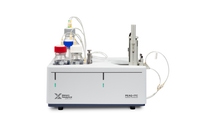
PEAQ-ITCThe Gold Standard for measuring affinity and stoichiometry |
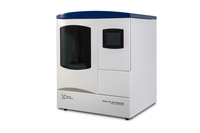
MicroCal PEAQ-ITC AutomatedFully automated, hands free ITC for increased productivity |
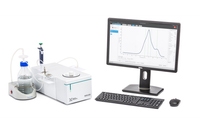
MicroCal PEAQ-DSCGold standard protein stability analysis for research applications |
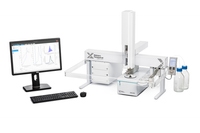
MicroCal PEAQ-DSC AutomatedGold standard protein stability analysis for the regulated environment |
|
|---|---|---|---|---|
| Technology | ||||
| Isothermal Titration Calorimetry (ITC) | ||||
| Differential Scanning Calorimetry (DSC) | ||||